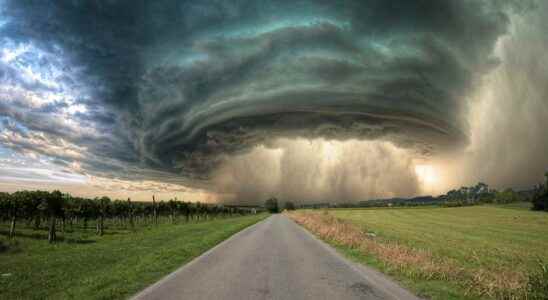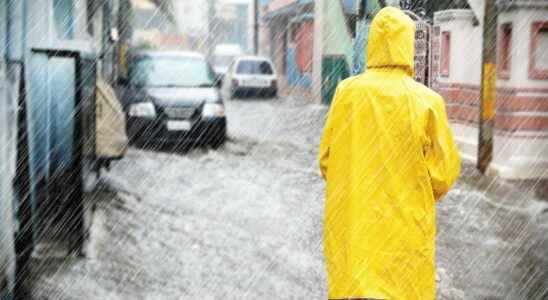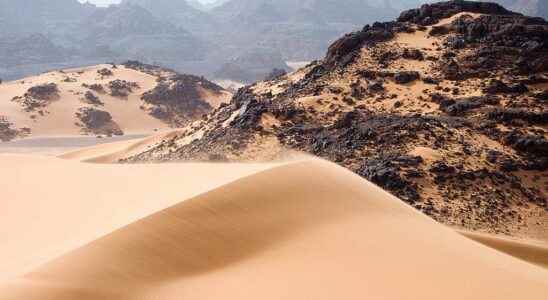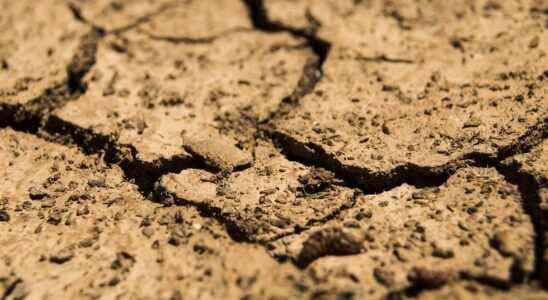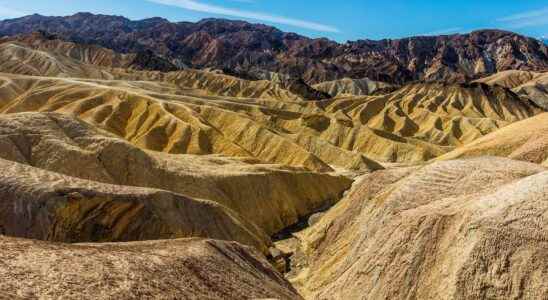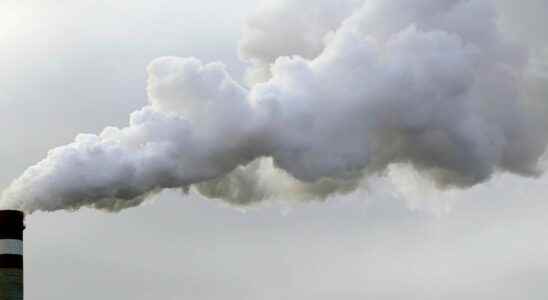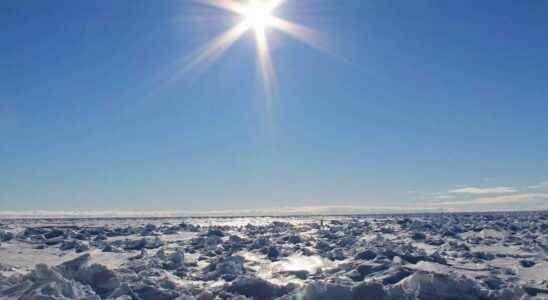Tag: climatology
Death of French glaciologist and pioneer of climatology Claude Lorius
Claude Lorius was 91 years old and was the first to highlight the role of CO2 in global warming. In 2008, he received the Blue Planet Prize, a kind of…
Tornado: what is it?
The tornado is a vortex atmospheric disturbance of great intensity but of limited dimension accompanied by violent winds, contrary to thehurricane. It is the most violent and destructive meteorological phenomenon,…
Will droughts, floods and heat waves get worse?
With ongoing global warming, will we see more and more extreme and unusual events such as droughts or floods? What are the current trends? You will also be interested [EN…
Why is humid air more difficult to bear when it’s hot?
For the same temperature, the heat will be more difficult to bear in Biarritz with 80% humidity than in Toulouse with 40% humidity. How to explain this feeling of suffocation…
Why is it hot during the day and cold at night in the desert?
During the day, the sand of the dunes of the Sahara is hot. You need good shoes, and cover yourself from head to toe, so as not to burn in…
Drought, aridity: what differences?
In people’s minds, the terms drought and aridity sometimes come down to one and only one situation: the lack of water. But they actually cover very different situations. You will…
What is the hottest place in the world?
The official record still dates from 1913 in Death Valley, although it is regularly questioned. When we rely on satellite data, the record climbs to more than 80°C! the official…
Radiative forcing: what is it?
The term radiative forcing is used in climatology to set the “difference between downward illuminance and upward illuminance”reads the glossary of the Intergovernmental Panel on Climate Change (IPCC). Understand, the…
The climate and the history of civilizations
the weather has always been a concern of men, for whom it determines living conditions. He also asks many questions. What was the impact of the climate in the history…
Antarctica: whirlpools in the ocean are preventing the sea ice from melting…for now!
The Earth is heating up. And yet on the Antarctic side, the sea ice cover seems to want to remain stable. A paradox that researchers are struggling to explain. But…

